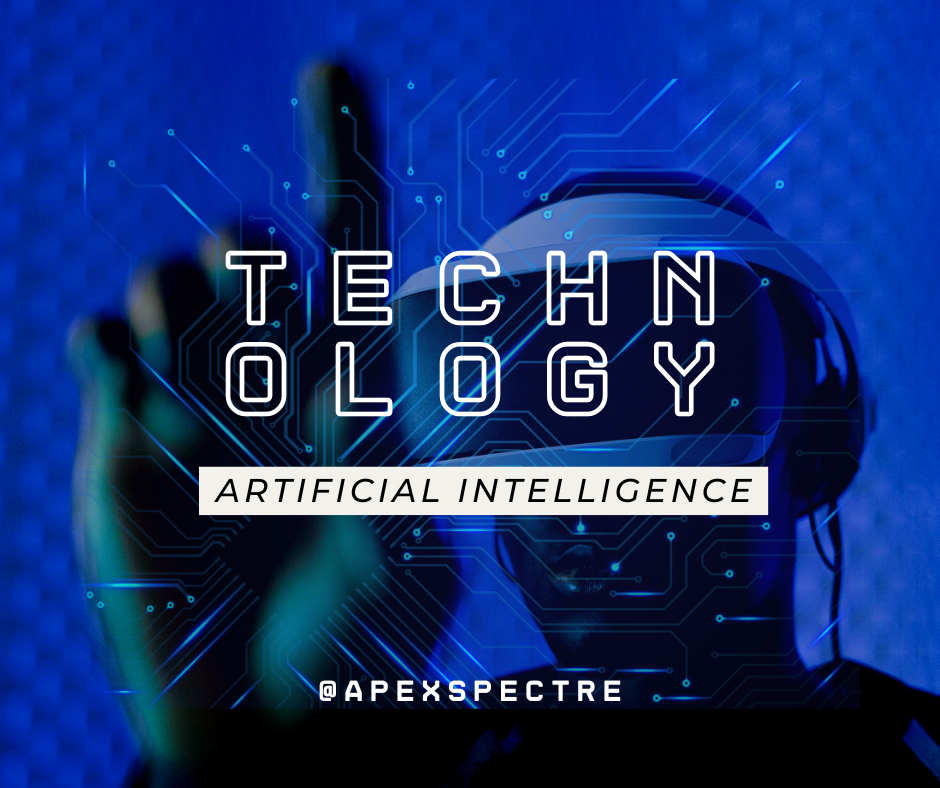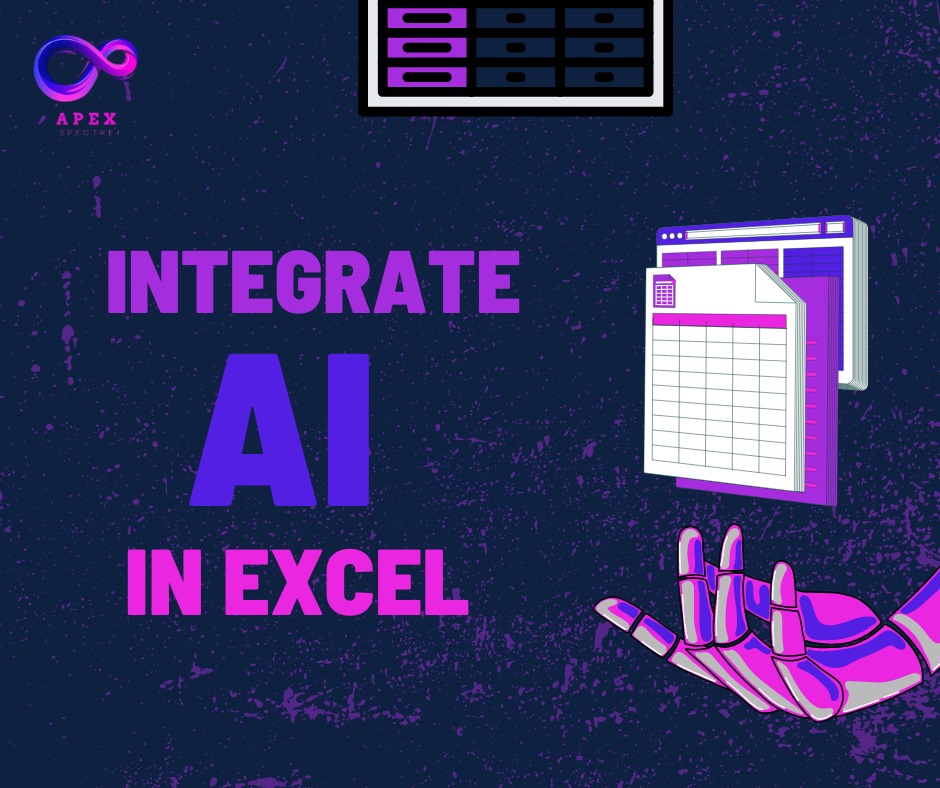Introduction to AI and Personal Transformation
Artificial Intelligence (AI) is no longer limited to tech experts. It is now accessible to everyone. Learning how to AI yourself means using AI tools to simplify tasks and improve skills. It helps you make decisions faster, solve problems creatively, and save time.
In today’s fast-paced world, AI can help you stay ahead. From automating routines to enhancing your learning, it offers endless possibilities. This guide explains how to bring AI into your life.
What Does It Mean to AI Yourself?
To AI yourself is to use AI tools and techniques for personal growth and efficiency. It means leveraging AI-powered apps to manage your tasks, learn new skills, or even enhance creativity. By integrating AI into your daily routine, you can work smarter and achieve more.
AI tools can assist with various tasks. For instance, they can help you write, organize schedules, or generate new ideas. Popular apps like ChatGPT or Grammarly use advanced AI technology to simplify complex tasks. The key is to identify areas in your life where AI can add value.
Benefits of Using AI in Daily Life
AI offers numerous benefits for personal and professional growth. It helps you manage time effectively and eliminates repetitive tasks. AI also improves learning by providing personalized recommendations. For instance, apps like Duolingo use AI to teach languages.
AI enhances creativity by generating ideas. For example, tools like MidJourney create stunning visuals based on your input. These benefits show how AI can unlock your potential. The more you use AI, the more opportunities you discover for improvement.
How to Get Started with AI Tools
Step 1: Identify Your Goals
The first step is understanding your needs. Are you looking to save time, learn a skill, or improve productivity? Clear goals help you choose the right AI tools.
Step 2: Explore AI-Powered Apps
Find apps that match your goals. For example, if you want help with writing, tools like ChatGPT can assist. If you need design support, apps like Canva with AI features work well. Many of these tools are user-friendly.
Step 3: Experiment and Learn
Start using AI tools in your routine. Experiment with features to understand their potential. For instance, use AI-powered planners to organize your day. With time, you will find more ways to use them effectively.

Common AI Tools You Can Use
| Task | Recommended AI Tools |
|---|---|
| Writing and Editing | ChatGPT, Grammarly |
| Image Creation | MidJourney, Canva |
| Language Learning | Duolingo, Rosetta Stone |
| Time Management | Notion, Todoist |
| Research Assistance | Perplexity AI, Elicit |
These tools are easy to use and provide immediate benefits. Their user-friendly interfaces make them accessible even to beginners.
Challenges in AI Adoption
While AI tools are powerful, adopting them can be challenging. The learning curve is one barrier. It takes time to explore features and understand how they work. Privacy concerns are another issue. Ensure that you use tools with secure data policies.
Cost is another consideration. While many tools offer free versions, advanced features often require payment. Plan your budget to get the most value from these tools.
AI for Personal Growth
AI can play a significant role in self-improvement. For example, it can help you set goals and track progress. Apps like Notion let you organize personal projects efficiently. AI also helps you stay motivated by providing insights and recommendations.
You can also use AI for skill development. Whether it’s learning to code or mastering a language, AI makes the process easier. Its ability to adapt to your pace ensures effective learning.
AI for Professional Development
In the workplace, AI can enhance productivity and creativity. It simplifies tasks like writing emails or creating presentations. AI-powered analytics tools help professionals make data-driven decisions. Tools like Tableau and Microsoft Power BI are popular in this area.
AI also boosts collaboration by streamlining communication. For instance, AI-based transcription tools like Otter.ai make meetings more efficient. These applications show how AI transforms work environments.
Ethical Considerations When Using AI
Using AI responsibly is important. Be transparent about AI usage, especially in professional settings. Ensure that the tools you use respect data privacy. Ethical use of AI builds trust and ensures long-term benefits.
AI should complement, not replace, human skills. It’s essential to strike a balance. While AI simplifies tasks, personal creativity and judgment remain irreplaceable.
FAQs About How to AI Yourself
What is the best AI tool for beginners?
Tools like ChatGPT and Grammarly are beginner-friendly. They are easy to use and provide immediate benefits.
Can AI tools help with creativity?
Yes, AI tools like MidJourney generate creative visuals, while writing assistants help brainstorm ideas.
Are AI tools expensive?
Many AI tools offer free versions. Premium features often come at a cost but provide added value.
How can I ensure privacy while using AI tools?
Choose tools with robust privacy policies. Avoid sharing sensitive information on AI platforms.
Is it difficult to learn AI tools?
Most AI tools are user-friendly and designed for quick learning. Experimenting with them helps you understand their features.
By learning how to AI yourself, you unlock new possibilities for growth and efficiency. AI tools empower you to achieve more in less time, making them invaluable in today’s digital world.



